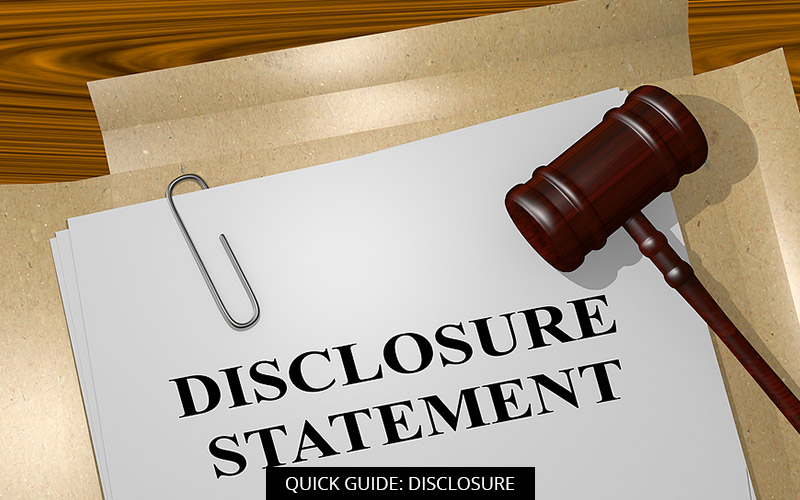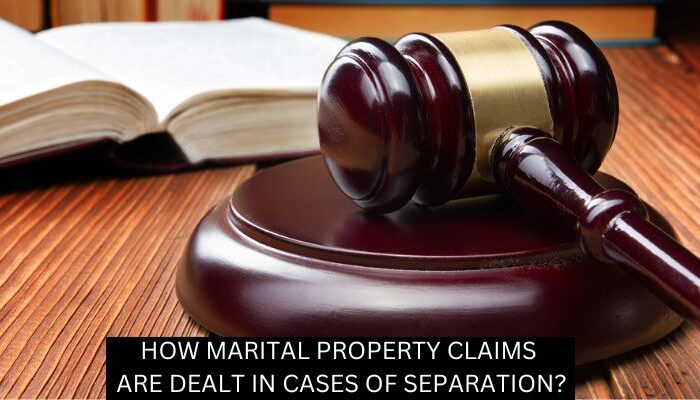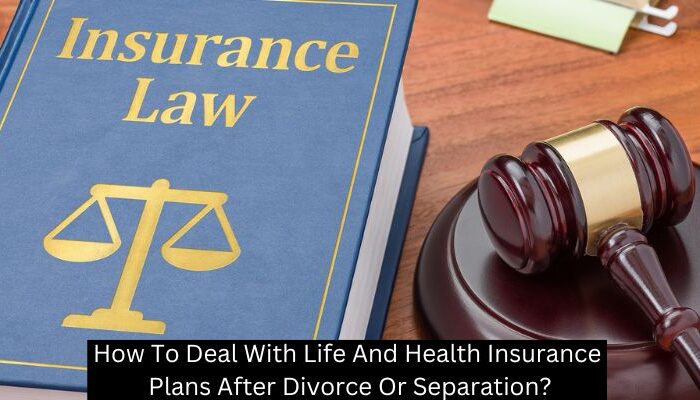
If you have been charged with a criminal offence, the best way to protect yourself is to hire a criminal defence lawyer to work on your case while at the same time protect your rights.
If you are charged with a criminal offence, the province must prove your guilt beyond a reasonable doubt to the trier of fact (judge or jury) in order for you to be convicted of a crime. To convict an individual who has been accused of a crime, the Crown Attorney must provide evidence to support their version of events. Evidence is typically gathered by the police and then passed over to the Crown Attorney.
Type Of Evidence Included In Disclosure
Upon your first court date, there will usually be a disclosure package available for pick up and review. Either you or your defence lawyer can sign for the package to be received. Disclosure packages usually contain all sorts of evidence including photos, statements from witnesses, surveillance footage, 911 call recordings, police notes, police surveillance recordings, forensic evidence, copies of text or email messages, and any other information that is relevant to the case. Often there may be additional disclosure made available at later court dates. If there is key evidence missing for example: surveillance videos, an accused person or their lawyer can request the evidence from the Crown Attorney before proceeding to trial. Often a disclosure package will also contain a “screening” form, which contains the Crown’s first plea position if the accused decided to plead guilty before trial.
Obligation To Disclose Evidence
The Crown is obliged to disclose all relevant evidence to the Defence allowing the Defence to make their case. Occasionally there may be disputes between Counsel on what constitutes “relevant” evidence, and the court may need to make a ruling before a hearing. If the Crown fails to disclose evidence, they should be barred from using it at trial. However, this does not mean that the Crown needs to disclose their strategy nor explain how they will use/present their evidence. In majority of circumstances the Defence is not obligated to disclose their evidence to the Crown, subject to certain, narrow fact specific exceptions.
Often, when you pick up the disclosure package you are obligated to sign an agreement outlining that you are not to distribute disclosure to parties not involved in the given case.
If you have been charged with a crime, it can be difficult to make sense of the Crown’s evidence being brought before you. Being charged with a crime can be an overwhelming and frightening experience, being faced with a package of indecipherable evidence can only heighten the urgency of a criminal matter. The best way to protect yourself at any stage of the criminal process is to hire a criminal defence lawyer to represent you. Ayaz Mehdi Professional Corporation has experience with criminal defence matters and can work on your case. My office accepts Legal Aid Certificates, from low income persons seeking representation.
Disclaimer: Use of this site and sending or receiving information through it does not establish a solicitor / client relationship. The views expressed and the content provided on this blog is for non-profit educational purposes. It is not, and is not intended to be, legal advice on any specific set of facts. If you require legal advice, you should contact my office directly.






